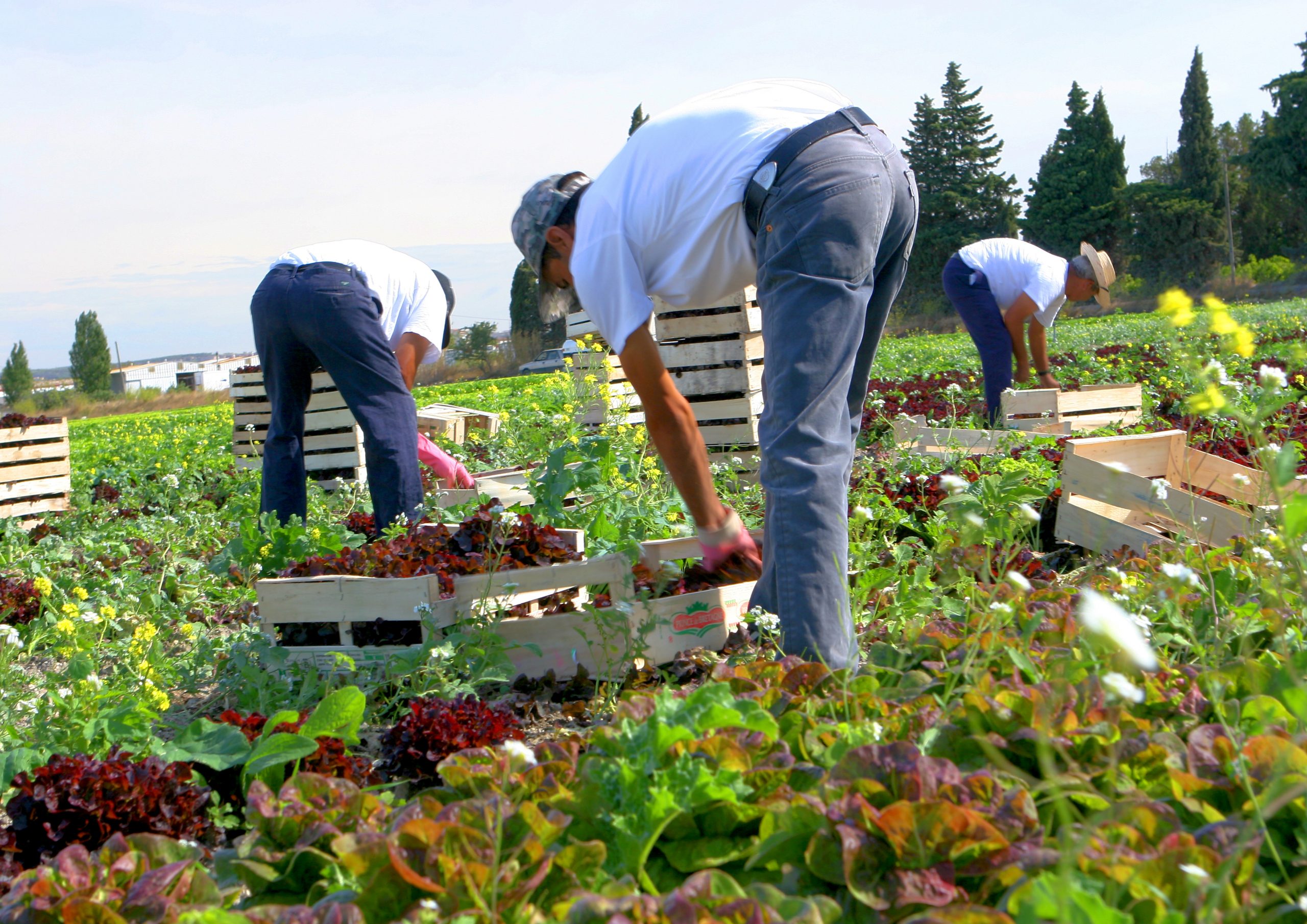Farmworkers Must Be Prioritized for COVID-19 Vaccine Distribution

(Washington, D.C.) – Federal, state and local governments and health care providers should place farmworker families among the highest priority for access to COVID-19 vaccines and make strenuous efforts to overcome barriers to access faced by farmworkers and their families.
Farmworkers have been designated essential workers and are expected to continue to work to ensure our nation’s food security and protect our economy. Farmworker communities are at the front lines of the pandemic, risking their health to ensure stability in the U.S. food supply chain. As low-income, rural, majority Latino communities, they are disproportionately impacted by COVID-19. Since the beginning of the pandemic, an estimated 269,000 agricultural workers have contracted COVID. A recent study in the major agricultural production area of Monterey County, California found a 13% positivity rate among participating workers.
Due to their working and living conditions, farmworkers are at substantially high risk of COVID exposure. In the fields, orchards, dairy farms, and produce packing houses, farmworkers must often work close to each other with limited access to protective equipment or sanitation supplies. Many farmworkers share transportation to and from the fields and, due to their low wages, often live in crowded, shared housing. Limited access to health care, inability to quarantine, and the lack of paid sick leave availability means that workers are more likely to work when COVID-19 positive. Unfortunately, many employers have failed to provide adequate workplace protections. Workers are also at higher risk for COVID-19 complications due to poor health outcomes, including diabetes and heart disease, among other chronic conditions.
For these reasons, it is imperative that farmworkers and their families are designated as high priority for vaccine distribution, immediately after health care workers and first responders. Vaccination strategies should be developed with farmworker communities, engaging farmworker organizations, community members, researchers, and agricultural employers to ensure widespread access and adoption. A comprehensive strategy must address the unique needs of farmworker communities and include outreach and education that is linguistically accessible and respectful of cultural values.
Priority vaccine access is one crucial element to ensure farmworkers are able to stay healthy and continue their essential work. Other crucial elements include access to testing and treatment. Most importantly, due to their high risk of exposure at work, employers must implement workplace protections to limit COVID-19 transmission. Federal and state governments should mandate workplace protections and benefits to prevent COVID-19 and assist workers affected by the pandemic.
We rely on farmworkers for our food supply. We must prioritize their health and well-being as we aim to end the COVID-19 pandemic.
###
Farmworker Justice is a national advocacy organization for farmworkers. FJ founded in 1981 is based in Washington, D.C. and collaborates with organizations throughout the country to empower farmworkers to improve their wages, working conditions, occupational safety, health immigration status and access to justice.
For more information visit the Farmworker Justice website at www.farmworkerjustice.org and follow on Twitter at @FarmwrkrJustice.
Media Contact:
BA Snyder
Veritas Group for Farmworker Justice
512.630.6337
BA@TheVeritasWay.com
Categories
- Letters to the Editor and OpEds19
- Farmworker Justice Earned Media Reports0
- Farmworker Justice4
- 2024 Press Releases5
- 2023 Press Releases1
- 2022 Press Releases9
- 2021 Press Releases31
- 2020 Press Releases26
- 2019 Press Releases19
- 2018 Press Releases11
- 2017 Press Releases25
- 2016 Press Releases7
- 2015 Press Releases10
- 2014 Press Releases21
- 2013 Press Releases25
- 2012 Press Releases0

